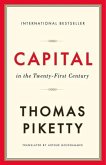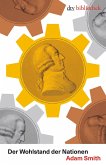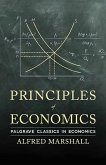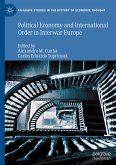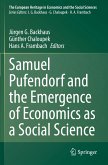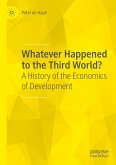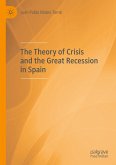This anniversary edition of Basil Moore's classic work features the original text along with an extensive new introduction and foreword. Providing much of the theoretical foundation on which post-Keynesian endogenous money and Modern Monetary Theory were subsequently developed, this seminal work continues to challenge the validity of much of mainstream monetary macroeconomics. Basil Moore argues that the money supply in modern economies is not under the control of central banks, but is determined by borrower demand for bank credit. In his analysis, Moore distinguishes sharply between commodity, fiat, and credit money, arguing that much of mainstream macroeconomic theory is not appropriate to contemporary credit money economies. Mainstream analysis takes the view that central banks have it in their power to initiate exogenous changes in the nominal supply of money. This 'Verticalist' view maintains that monetary change originates from the changes in the high-powered base, which allegedly are under the control of the central bank. Moore, in contrast, contends that the supply of credit money is endogenous and responds to changes in the demand for bank credit. Central bank open-market operations affect how required reserves are supplied between borrowed and nonborrowed reserves, rather than the total volume of reserves that is endogenously determined. This 'Horizontalist' view holds that central banks have the ability to set exogenously the supply price of the money market, but not the quantity of credit money. It follows that all models that treat the supply of credit as exogenous are fundamentally misspecified and conventional views about the forces determining the money supply, national income, interest rates, exchange rates, inflation, and the role of saving are fundamentally in error. This book remains required reading for anyone interested in macroeconomics, central banking, and monetary theory.
Bitte wählen Sie Ihr Anliegen aus.
Rechnungen
Retourenschein anfordern
Bestellstatus
Storno


